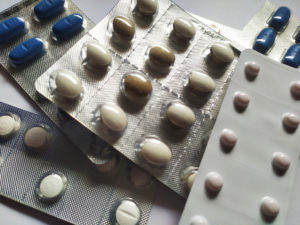Risperdal has reemerged in headlines recently, after a Philadelphia jury ordered drug-maker Janssen Pharmaceuticals Inc., a Johnson & Johnson subsidiary, to pay a record-setting $70 million in damages to a Tennessee family who alleged their son developed female-like breasts, known as gynecomastia, as a result of taking the antipsychotic drug.
With thousands of Risperdal lawsuits still pending throughout the United States, many may see the $70 million verdict as setting a precedent. Crucially, however, the value of any given case will depend on the case-specific facts and will take into account the risks associated with a jury trial. There is still no golden formula for figuring out how much a case is worth. To be sure though, future court rulings and jury verdicts are likely to be influential.
Plaintiffs’ lawyers continue to push for more strong verdicts. While $70 million is the highest award to a plaintiff in the Philadelphia Risperdal litigation, following earlier plaintiff’s verdicts of $500,000 and $2.2 million, none of the verdicts to date have included punitive damages, which have the potential to substantially increase the total award in a case. Plaintiffs’ lawyers continue to challenge the 2014 court decision providing that, under Pennsylvania rules, judges and juries must apply the law of J&J’s home state, New Jersey, which bars punitive damages. The issue is currently on appeal, with Plaintiffs’ lawyers arguing that the applicable law should be that of the plaintiff’s home state.
Meanwhile, the drug-makers claim the $70 million verdict should be overturned. In post-trial motions, J&J argued it was entitled to a new trial because the court let in evidence that should have been excluded, and because the verdict was excessive. On July 25, the trial judge denied both of these motions with little explanation.
Developments in the litigation, either in Philadelphia or in a similar program that has been established in California, may teach us more about the potential value of these cases. If punitive damages are allowed, juries will be able to give more weight to the claims that J&J intentionally falsified, concealed, and/or destroyed evidence. Internal documents and J&J employee testimony allegedly show Janssen withheld data demonstrating the link between the drug and gynecomastia. Hopefully, this litigation will serve to not only compensate those injured by Risperdal but also to deter further harm to other prescription drug users.

The Legal Examiner and our Affiliate Network strive to be the place you look to for news, context, and more, wherever your life intersects with the law.

















Comments for this article are closed.